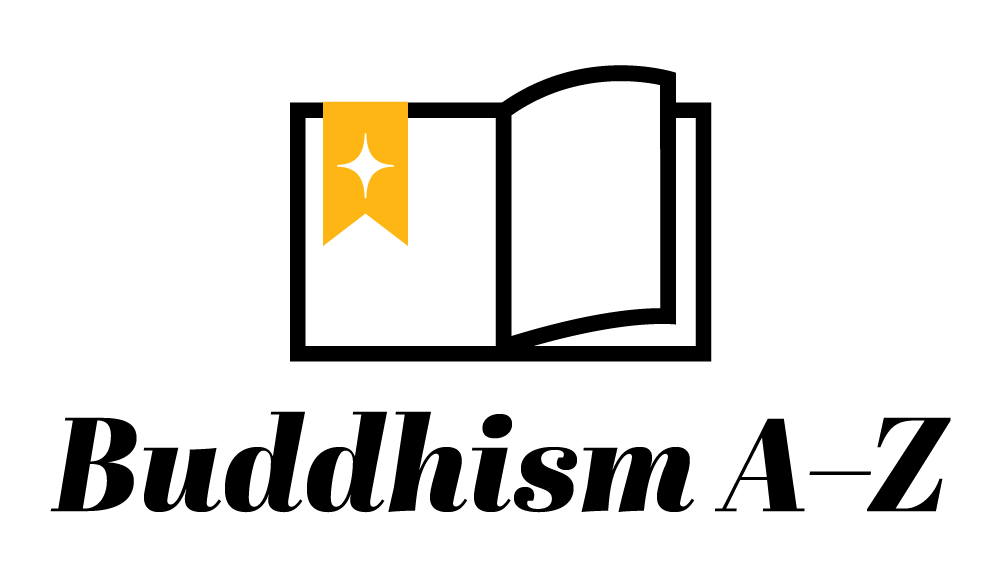In Buddhism, ignorance (avidyā in Sanskrit or avijjā in Pāli) is the root cause of suffering. It is also the first factor that keeps us bound to the cycle of rebirth. This ignorance is not a lack of knowledge. Instead, it is a misunderstanding or misperception of the nature of reality and of ourselves. The eradication of ignorance through Buddhist practice leads to liberation.
Here are some key points about how ignorance is understood in Buddhism:
Ignorance About the Nature of Reality
The Buddha taught that the Three Marks of Existence are impermanence (anicca), suffering (dukkha), and not-self (anatta). Ignorance causes us to mistake what is not a self for a self; what is impermanent as permanent, and we seek pleasure in things that cause us pain. We are stuck in destructive behavior until we see the truth of reality.
Four Noble Truths
Ignorance is also intimately connected to the Four Noble Truths, which are the truths of suffering, its origin, its cessation, and the path leading to its cessation. Ignorance of our true nature leads to craving and clinging, which in turn leads to suffering. This is the Second Noble Truth.
Dependent Origination
Dependent Origination is the teaching that all phenomena are conditioned by all other phenomena; everything that exists is dependent on other things. As part of this teaching, ignorance is described as the first link in a chain of events that leads to a new cycle of samsara, which is known as the twelve nidanas.
Counteracting Ignorance
The antidote to ignorance is wisdom (prajñā in Sanskrit, paññā in Pali). Wisdom is achieved through right understanding and insight, in particular insight into the true nature of reality and of the self.
The Three Poisons
There is a second definition of ignorance in Buddhism, which is ignorance of, or indifference to, that which does not affect us personally. In this use of the word, ignorance is one of the “Three Poisons” or “Three Unwholesome Roots” that develop from the original ignorance that is the root cause of suffering.
The Three Poisons are: passion or craving for what is good for us, aggression or aversion to that which is bad for us, and ignorance or indifference toward that which does not affect us. Since the three poisons are purely in service of the ego or false sense of self, they cause great suffering for ourselves and others. They are the forces which drive the suffering of cyclic existence (samsara). They are traditionally depicted as a pig (ignorance), a rooster (craving) and a snake (aversion) at the center of the Bhavacakra, the Wheel of Life, which symbolizes saṃsara. Usually, these three are shown leading each other in a circle, showing how they are connected.
Buddhism A–Z
Explore essential Buddhist terms, concepts, and traditions.

